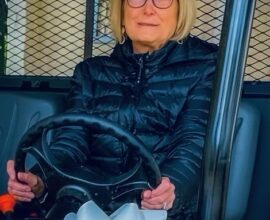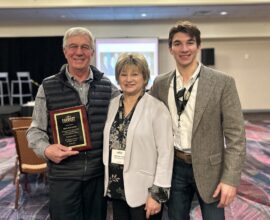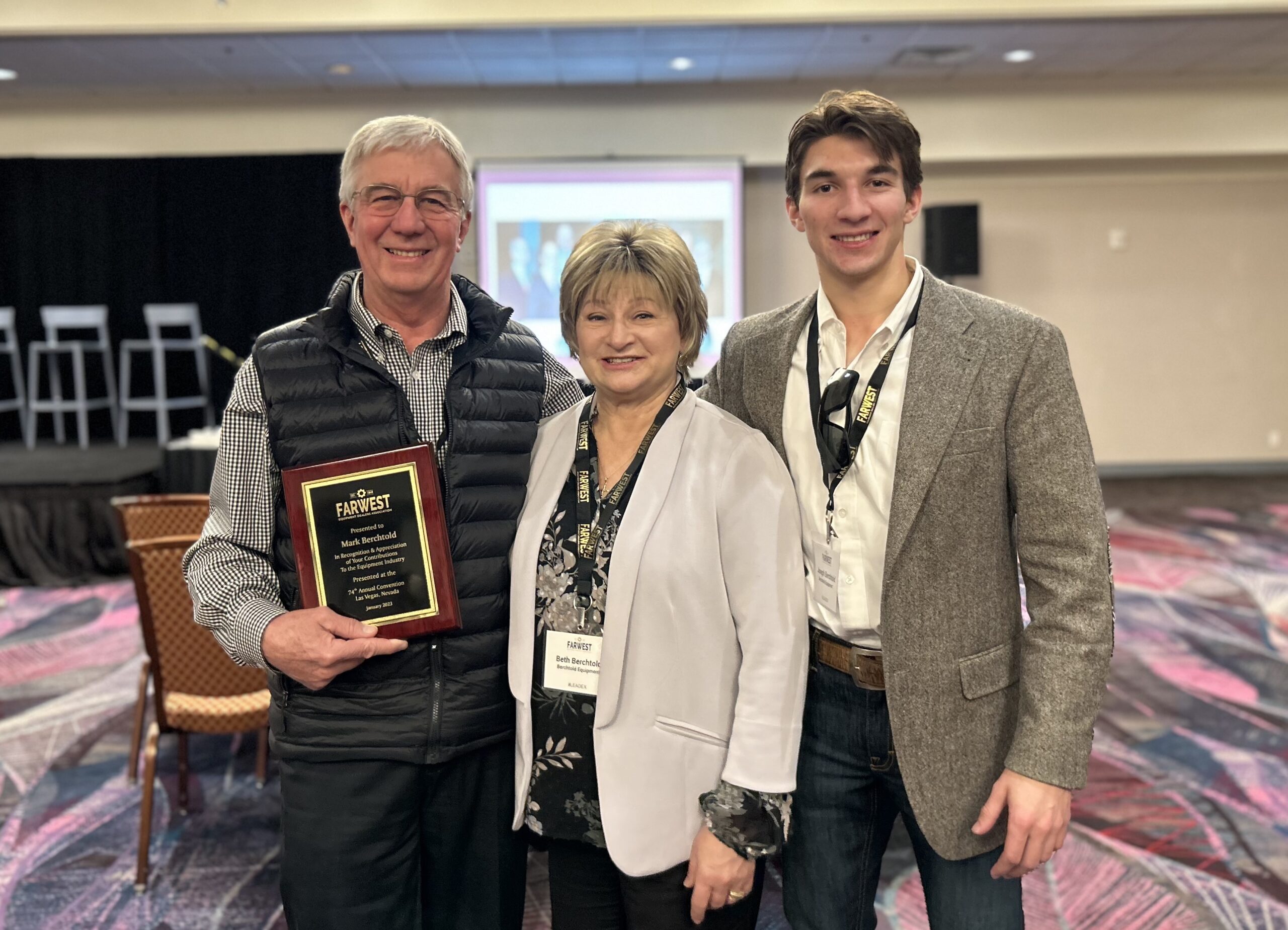Oppose AB 196, AB 664, SB 1159: California Workers Comp bills punish employers for COVID-19 outbreaks
AB 196, AB 664 and SB 1159 would establish overly-broad legal presumptions that employers are liable for the COVID-19 infection of every “Essential Critical Infrastructure Worker” in California. The bills functionally shift significant pandemic-related costs only to employers. Coalition Letter.
Chambers of Commerce Ask Congress for Liability Protection, 501(c)6 PPP Expansion
As Congress continues to work toward a second COVID-19 relief package, state chambers across the country are asking for several provisions to help businesses get through these challenging times. The top concern identified in recent surveys is federal liability protection. The U.S. Chamber of Commerce has put together an outreach tool to ask your members of Congress to support targeted, temporary liability relief. Ask Congress to pass liability protection now. Another major concern from chambers of commerce, is the issue of expanding the Paycheck Protection Program (PPP) to 501(c)6 organizations – which is a unique nonprofit tax classification for chambers. 501(c)6 nonprofits have been left out of federal COVID relief packages so far. Take action to save nonprofits. FWEDA belongs to chambers of commerce to help protect the interests of association members.
California lawmakers rush to pass damaging legislation ahead of Aug. 31 deadline
Several bills being pushed through the California Assembly ahead of the session’s adjournment will have a significant negative impact on employers and ratepayers. Dealers with locations in California are encouraged to reach out to their elected representatives to oppose the following before Aug. 31: AB 1659 proposes to create a new $3 billion fund and charge those expenses across all California ratepayers. The structure of the bill placing the burden of current wildfires on future generations of California homeowners and business owners by forcing them to pay for billions of dollars in costs unrelated to the providing of utility services through the year 2050. AB 1659 Talking Points.
SB 1383 Disproportionately Impacts Small Employers in California
SB 1383 will require small businesses to provide 12 weeks of protected leave each year and threaten them with litigation for any unintentional mistake. SB 1383 is not limited in scope to only address COVID-19 and will place a significant burden on employers at a time when they can least afford it. SB 1383 Talking Points.
FWEDA joins coalitions opposing tax increases on the 2020 ballot in California, Arizona
Prop 15 would amend the California State Constitution to require commercial and industrial properties, except those zoned as commercial agriculture, to be taxed based on their market value. In California, the proposal to assess taxes on commercial and industrial properties at market value, while continuing to assess taxes on residential properties based on the purchase price, is known as split roll. The change from the purchase price to market value would be phased-in beginning in fiscal year 2022-2023. On June 6, 1978, nearly two-thirds of California voters passed Prop 13 to cap property tax increases for residential and business properties and provide certainty so that they will be able to afford their property tax bills in the future. Take Action on Prop 15 >>CA Farmers & Ranchers Alliance.
Arizona’s Prop 208 seeks 3.5 percent income tax hike on high earners, lawsuit claims supporters understate true impact
Arizona’s Prop 208 would impose a 3.50 percent income tax, in addition to the existing income tax (4.50 percent in 2020), on income above $250,000 (single filing) or $500,000 (joint filing) to pay for school funding. Although opponents of the bill including FWEDA strongly support increasing funding for the state’s education system, Proposition 208 will harm small businesses and hurt the state’s already fragile economic recovery. “Simply put, this is the wrong plan at the wrong time, it will impede future business growth and do profound damage to Arizona’s economy,” according to the Arizona Chamber of Commerce and Industry.
Arizonans for Great Schools & a Strong Economy filed a lawsuit claiming advocates misrepresented who would pay for the increase when the collected signatures to place the issue on the ballot.
Join the coalition.










